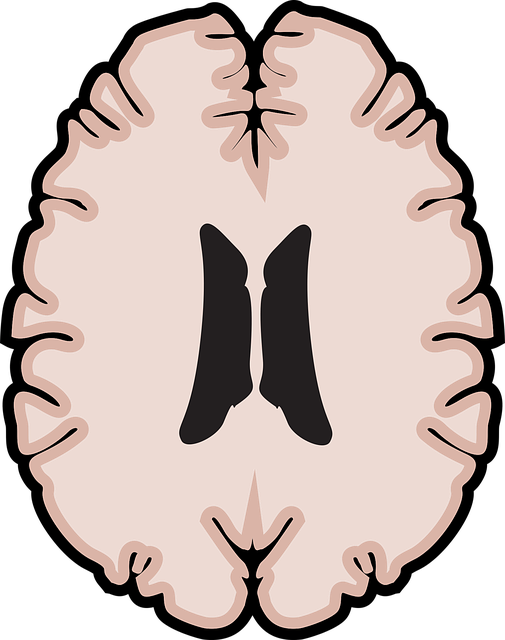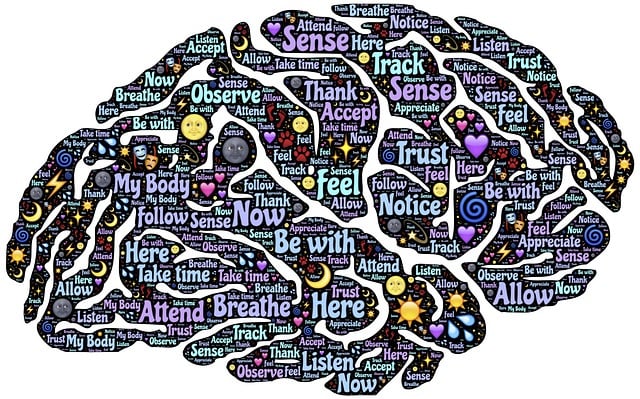In today's fast-paced world, stress is prevalent but Superior Acceptance and Commitment Therapy (ACT) offers a powerful solution for effective management. ACT encourages individuals to accept experiences without judgment, fostering flexibility and psychological resilience. Interactive workshops blending theoretical knowledge, practical exercises, and group discussions, facilitated by culturally competent professionals, empower participants to manage stress, anxiety, and depression through ACT, self-esteem improvement, and emotional healing processes. Measuring success involves participant feedback, mental health improvements, and cortisol levels, leading to sustained well-being.
Stress management workshops are a powerful tool for promoting employee well-being and enhancing productivity. This comprehensive guide explores effective strategies, focusing on the transformative power of Superior Acceptance and Commitment Therapy (ACT). We delve into understanding stress, its impact, and how ACT can revolutionize coping mechanisms. Learn about designing engaging workshops, facilitating optimal participant interaction, and measuring success to foster long-term mental health and resilience in today’s demanding environments.
- Understanding Stress and Its Impact
- Introducing Acceptance and Commitment Therapy (ACT)
- Designing Effective Stress Management Workshops
- Facilitation Techniques for Optimal Engagement
- Measuring Success and Promoting Long-Term Wellbeing
Understanding Stress and Its Impact

Stress is an inevitable part of life, but understanding its nature and effects is key to managing it effectively. It can stem from various sources, including work pressures, personal relationships, financial constraints, or even traumatic events. The impact of prolonged stress can be profound, affecting both mental and physical health. Elevated stress levels have been linked to increased risks of anxiety, depression, cardiovascular diseases, and weakened immune systems.
Acceptance and Commitment Therapy (ACT) offers a superior approach to managing stress by focusing on acceptance, mindfulness, and committed action. This therapy encourages individuals to acknowledge and accept their feelings without judgment, fostering a non-reactive mindset. By reducing the struggle against distressing thoughts and emotions, ACT enables people to engage in meaningful actions that align with their personal values, ultimately enhancing overall well-being and life satisfaction.
Introducing Acceptance and Commitment Therapy (ACT)

In today’s fast-paced world, stress has become an all-too-common companion for many. This is where Acceptance and Commitment Therapy (ACT) steps in as a powerful tool for navigating life’s challenges. ACT is a form of behavioral therapy that encourages individuals to embrace their experiences without judgment, fostering a sense of flexibility and psychological resilience. By focusing on the present moment and accepting what cannot be changed, this superior approach to emotional healing processes enables people to take action aligned with their values, ultimately leading to enhanced well-being.
Our organization recognizes the profound impact of stress management on individuals and communities alike. That’s why we’ve incorporated ACT into our workshops, offering a unique Community Outreach Program Implementation designed to empower participants. Through engaging activities and evidence-based techniques, these sessions help individuals learn effective strategies for dealing with stress, anxiety, and depression, fostering a sense of balance and inner peace in their daily lives.
Designing Effective Stress Management Workshops

Effective stress management workshops design should incorporate evidence-based practices like Acceptance and Commitment Therapy (ACT) to yield tangible results. ACT, with its focus on mindfulness, acceptance, and commitment, empowers individuals to develop psychological flexibility, enabling them to navigate life’s challenges with greater resilience. Workshops should be interactive, offering a blend of theoretical knowledge, practical exercises, and group discussions to foster engagement and self-reflection.
Beyond ACT, incorporating techniques for self-esteem improvement and promoting emotional healing processes through safe and supportive environments can significantly enhance workshop outcomes. Facilitators should employ strategies that encourage emotional expression, cultivate positive self-talk, and teach effective coping mechanisms. By combining these approaches, workshops can contribute to the overall emotional well-being promotion techniques, leaving participants equipped with valuable tools to manage stress effectively in their daily lives.
Facilitation Techniques for Optimal Engagement

Effective stress management workshops rely heavily on engaging facilitation techniques to ensure optimal participant involvement and knowledge retention. One highly regarded method is Acceptance and Commitment Therapy (ACT), known for its superior acceptance-based strategies that encourage individuals to embrace their experiences, while fostering inner strength development through values clarification and goal setting. By promoting mindfulness and defusing the negative impact of stress responses, ACT has been proven effective in preventing depression.
Moreover, culturally competent facilitators play a pivotal role in tailoring these techniques to diverse participant backgrounds. Healthcare Provider Cultural Competency Training equips leaders with the skills to address cultural nuances, ensuring inclusive practices that resonate with all participants. This tailored approach enhances engagement, encourages open dialogue, and ultimately strengthens the overall effectiveness of stress management workshops, fostering an environment where everyone feels supported and empowered to manage stress effectively.
Measuring Success and Promoting Long-Term Wellbeing

Measuring success and promoting long-term wellbeing are integral aspects of any well-organized stress management workshop. The effectiveness of these programs can be gauged through various metrics, including participant feedback forms, self-reported improvements in mental health, and reduced levels of cortisol (a key stress hormone). By utilizing scientifically validated tools like the Acceptance and Commitment Therapy (ACT) framework, workshops can offer participants practical strategies for coping with stress and enhancing their overall quality of life.
One successful approach is integrating community outreach program implementation to foster a sense of belonging and support. Empathy building strategies, encouraged through interactive sessions, help individuals understand and manage each other’s stressors, creating a collaborative environment. These initiatives not only contribute to immediate workshop success but also lay the groundwork for sustained mental health improvements over time.
Stress management workshops, guided by evidence-based practices like Superior Acceptance and Commitment Therapy (ACT), offer powerful tools for enhancing resilience. By combining understanding of stress impacts with effective facilitation techniques and measuring success, these workshops can foster long-term wellbeing. Through engaging activities and supportive environments, individuals learn to accept the inevitable stresses of life while committing to valued actions. This holistic approach empowers folks to navigate challenges with greater clarity, purpose, and a sense of well-being.














